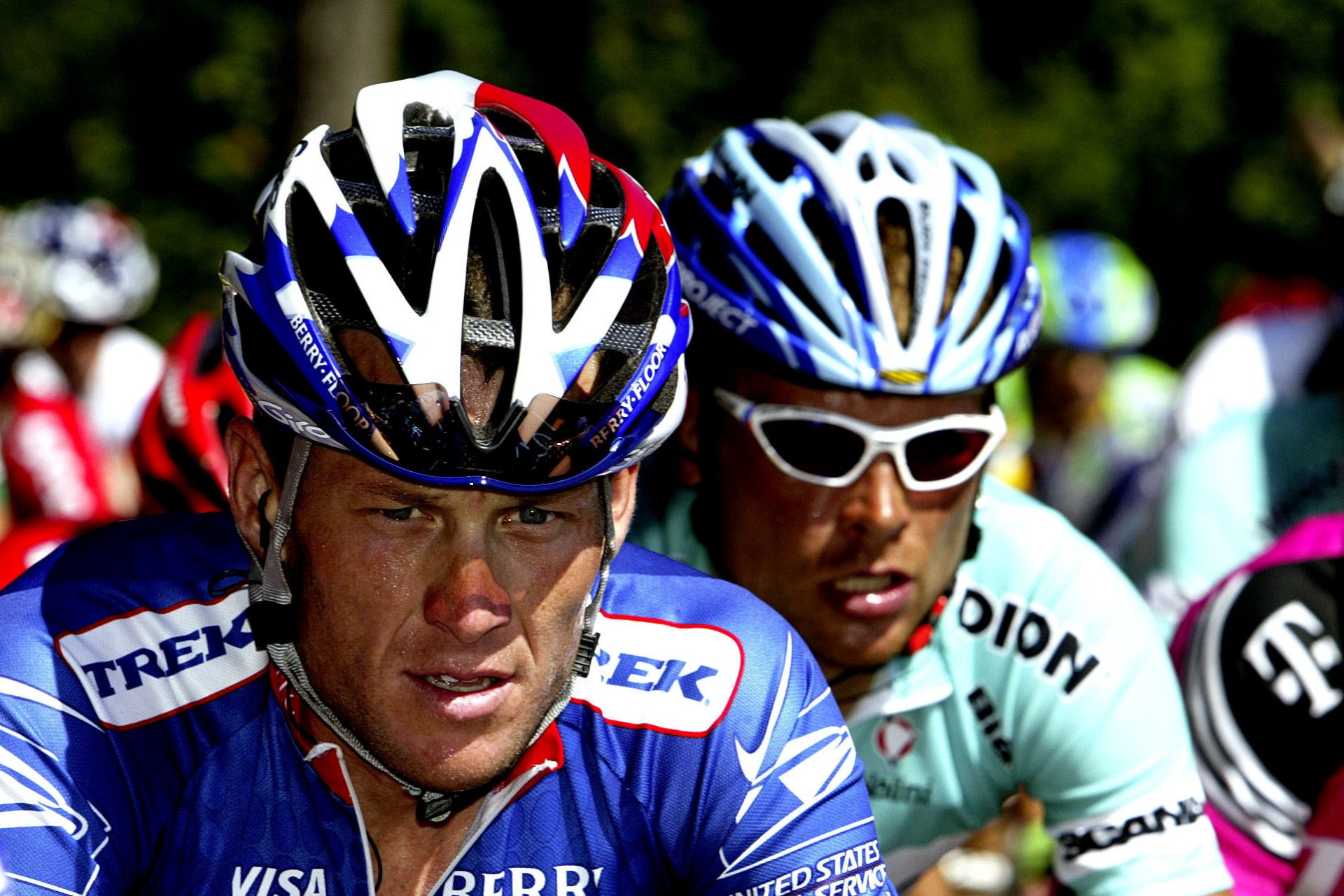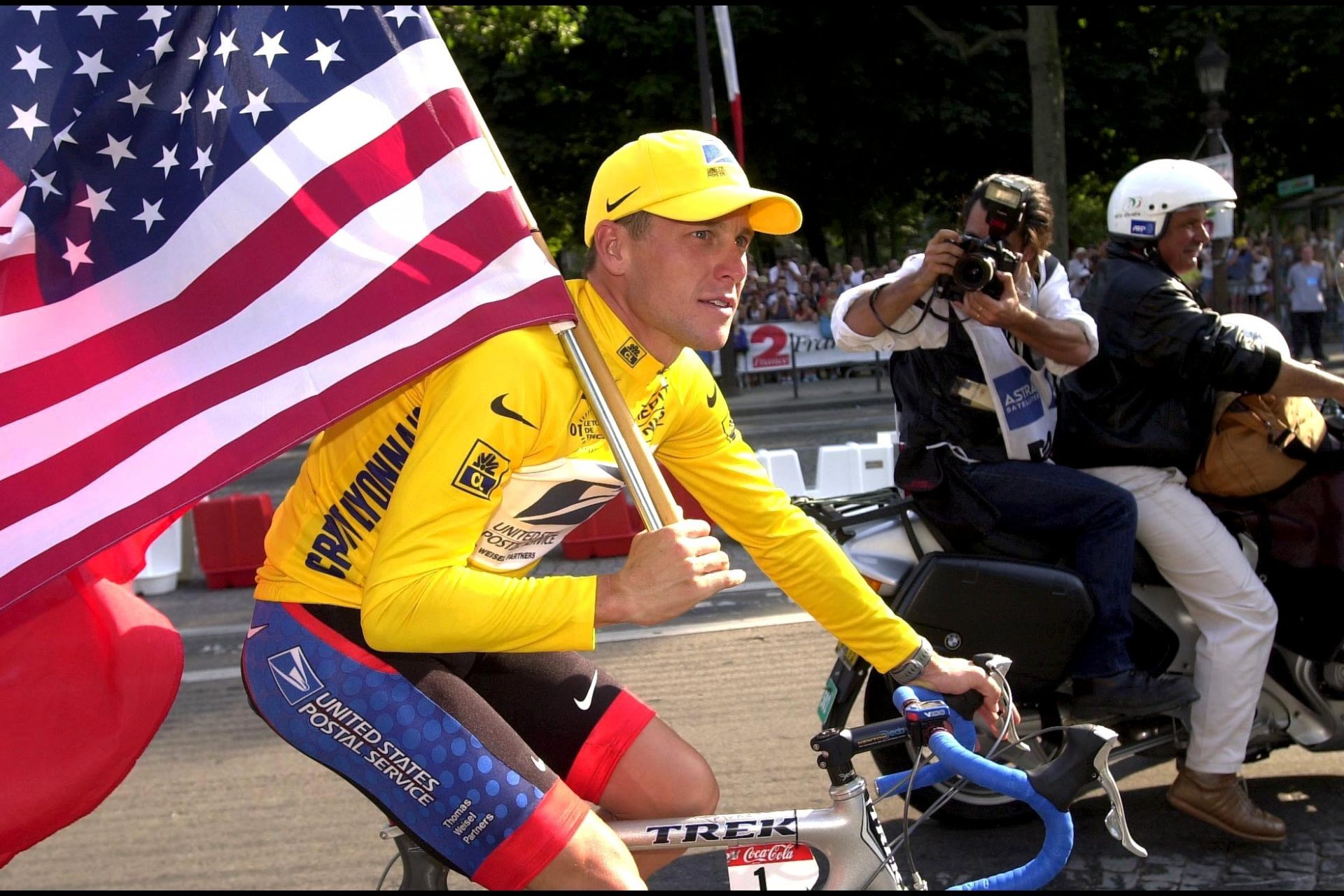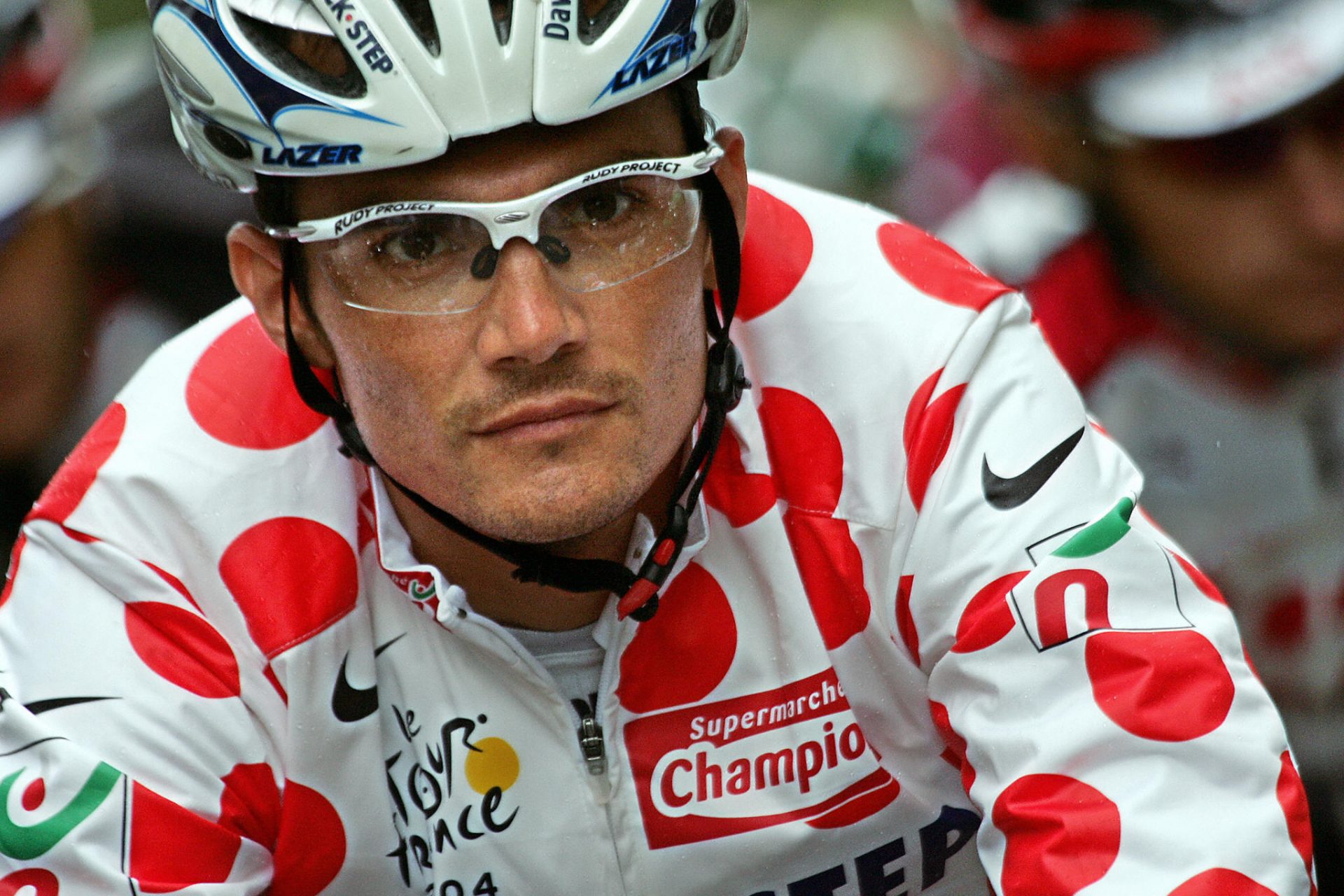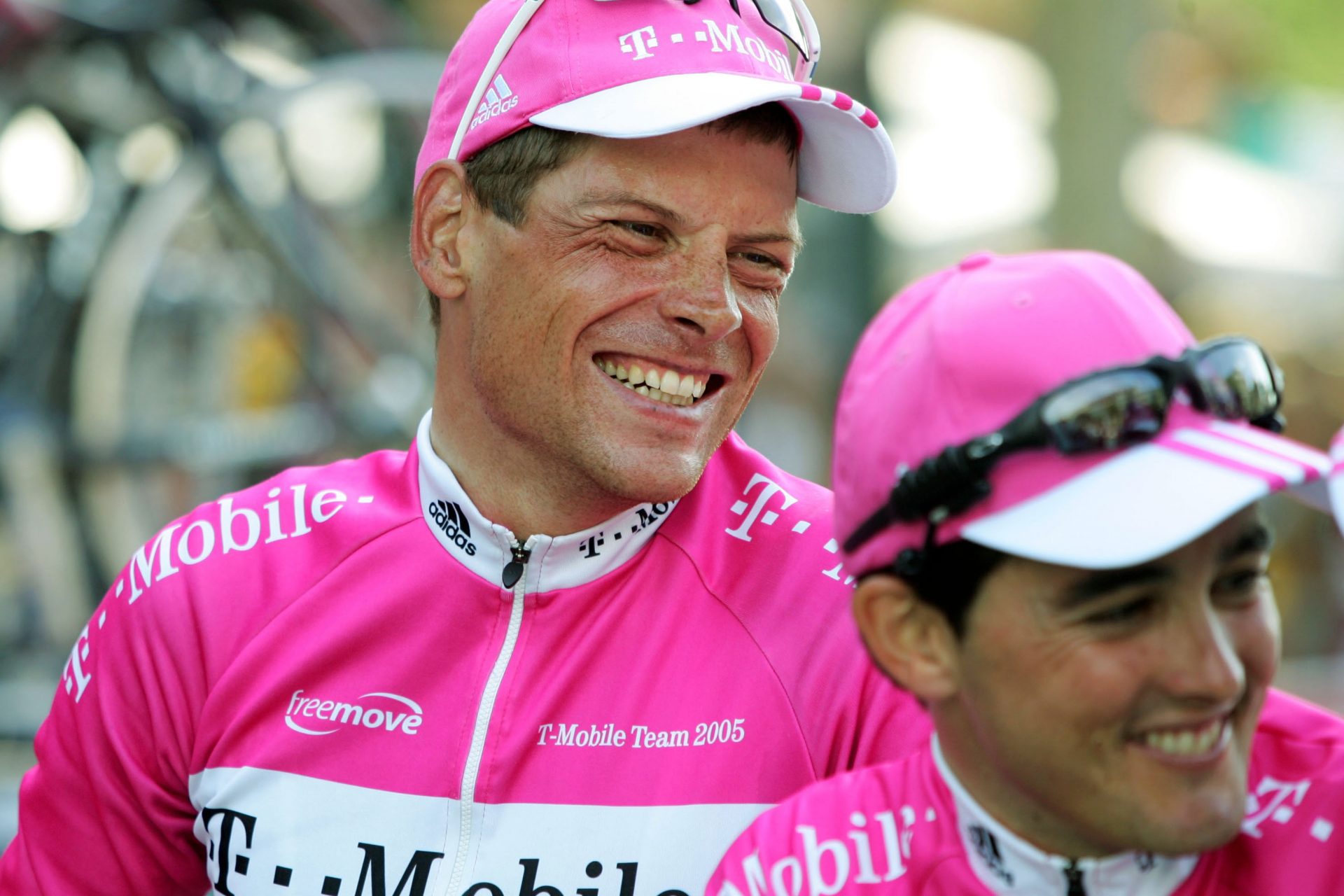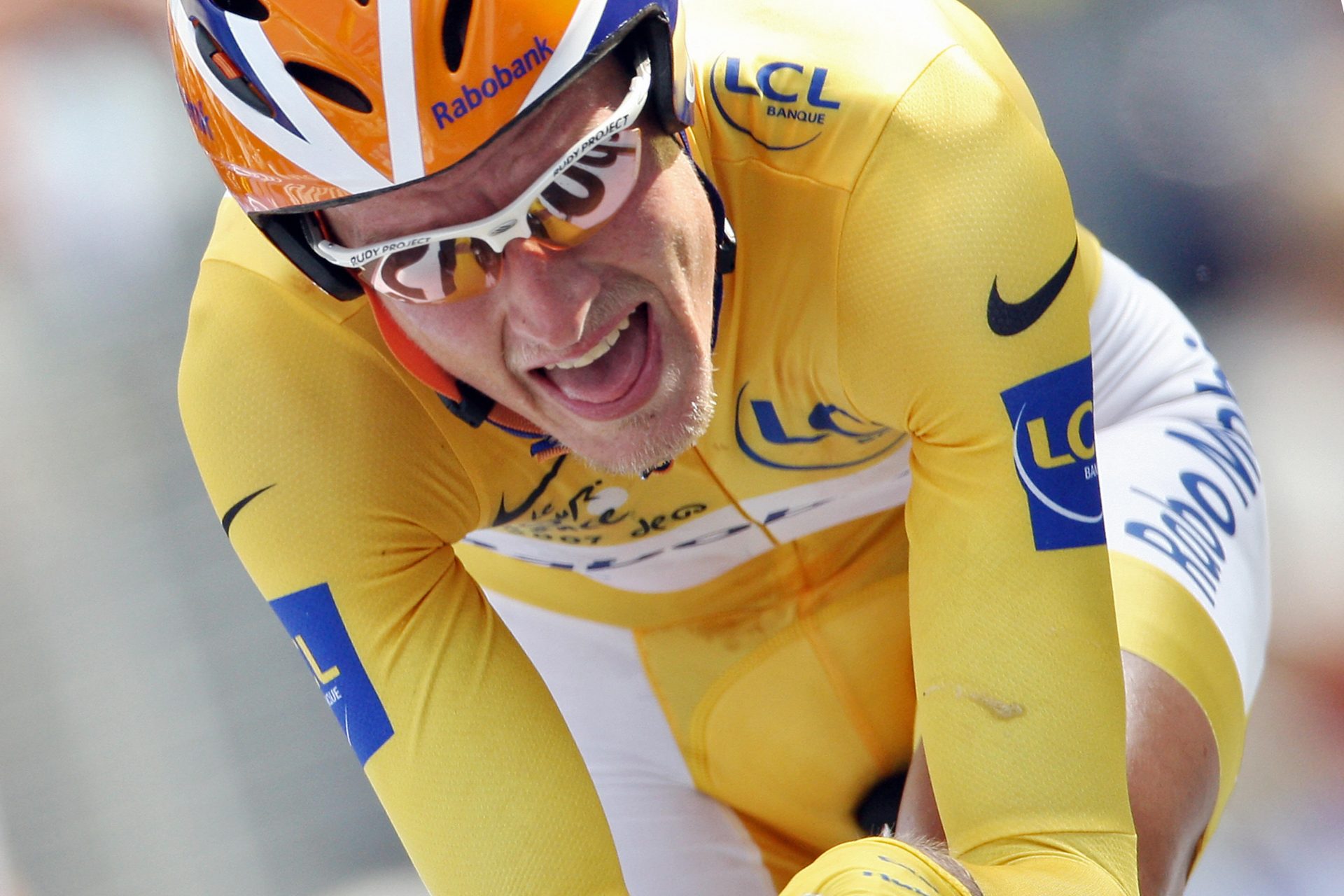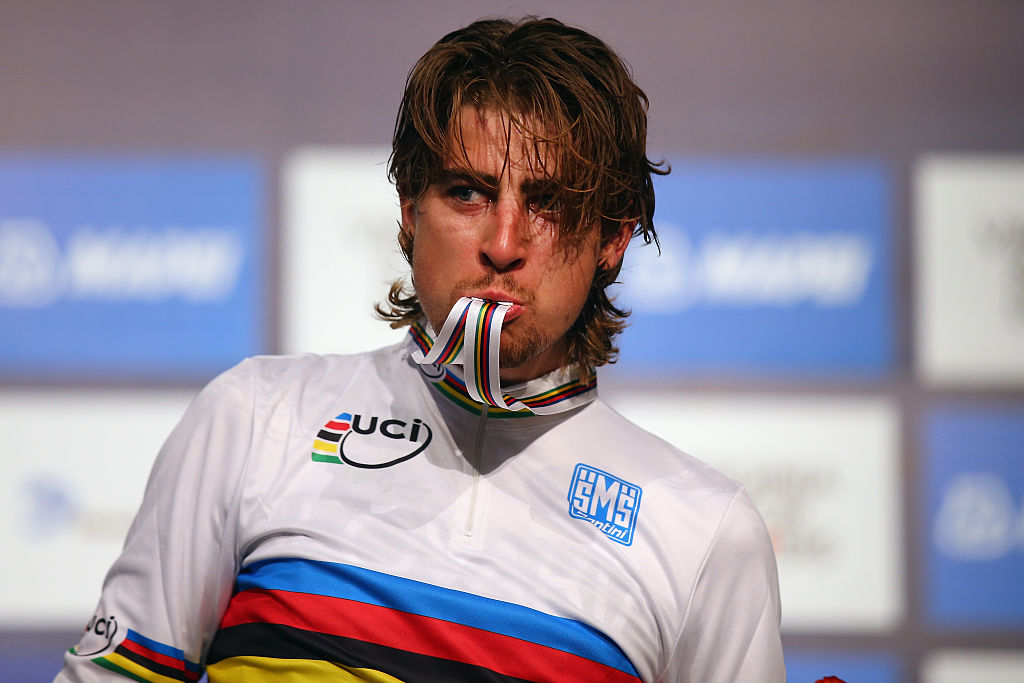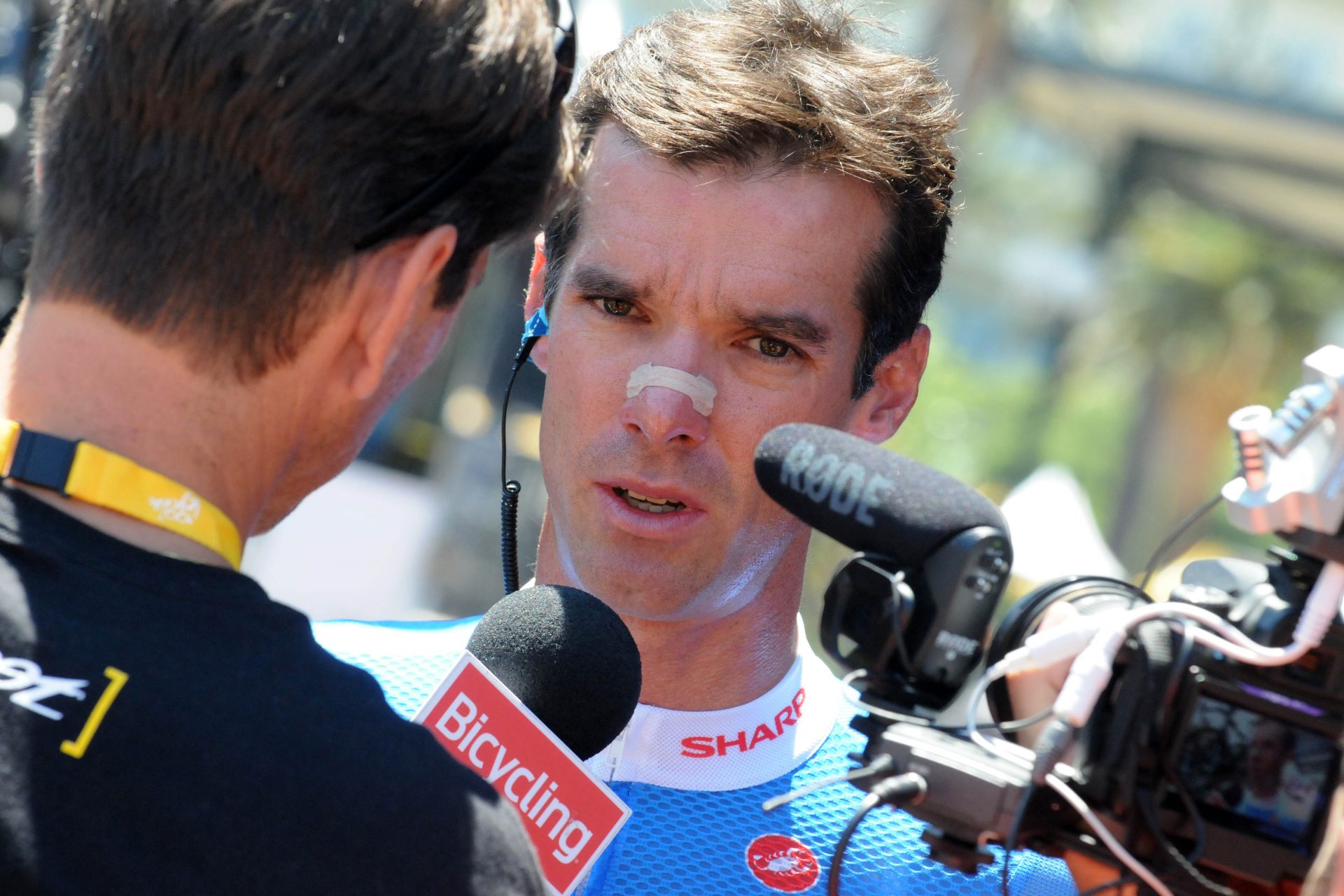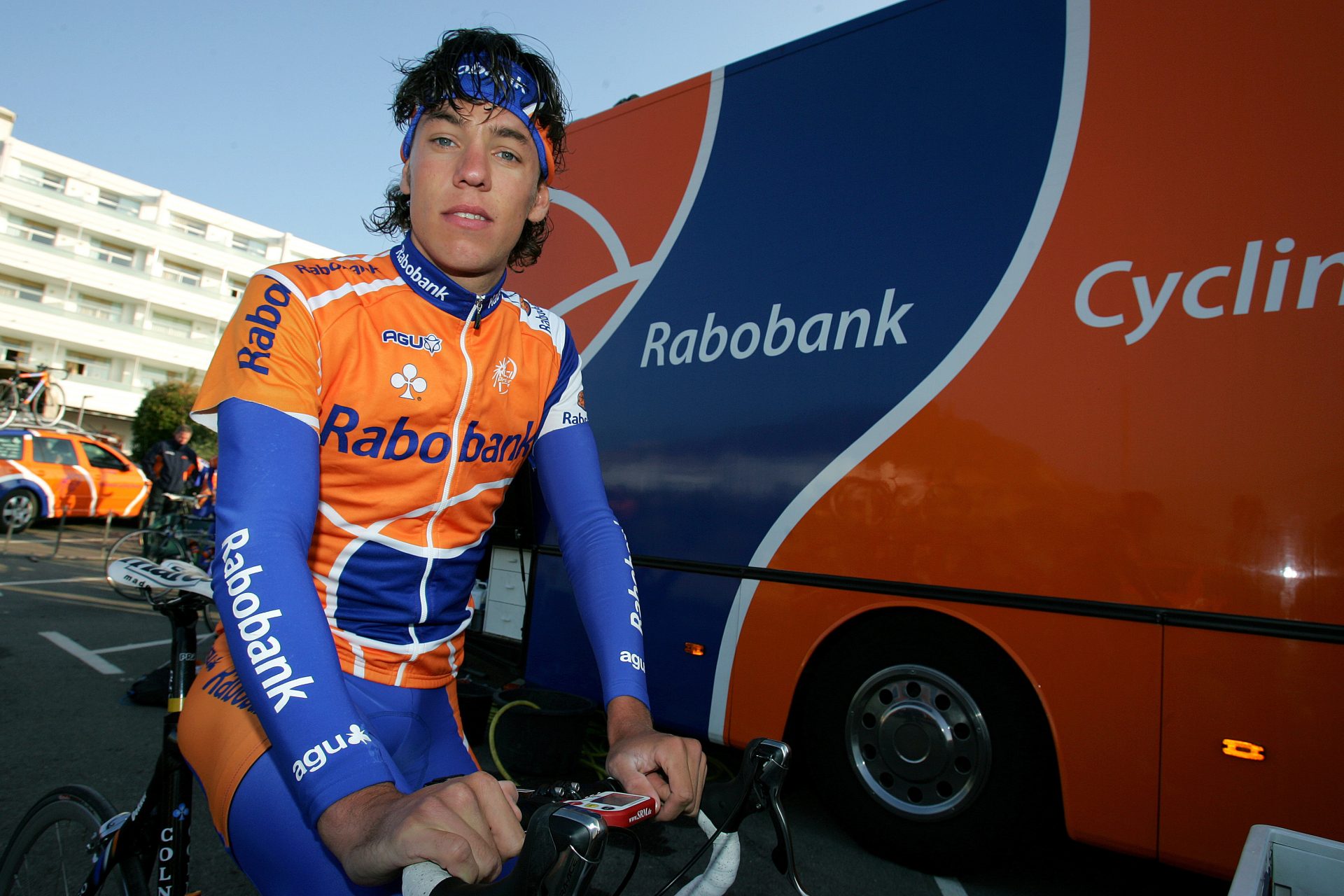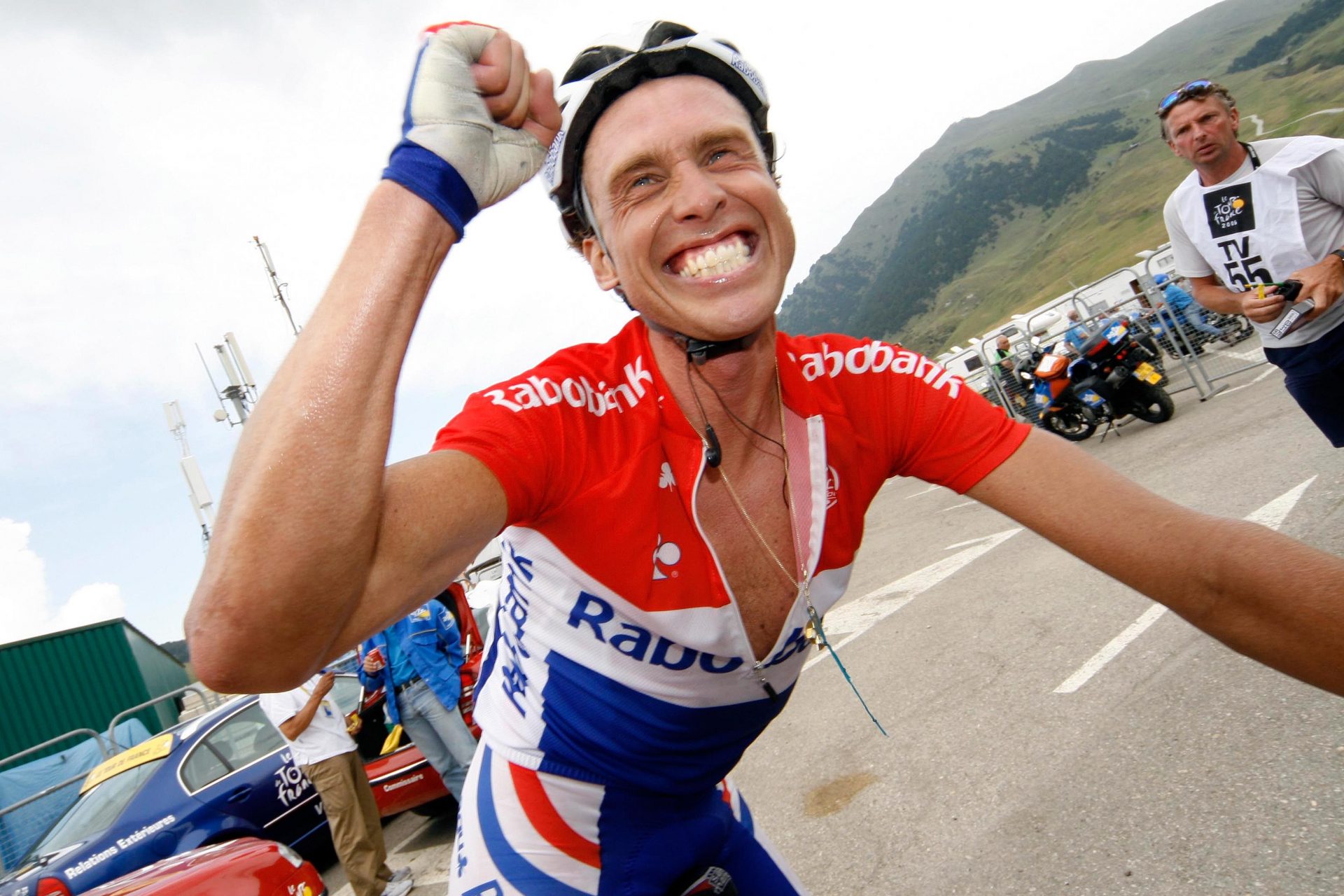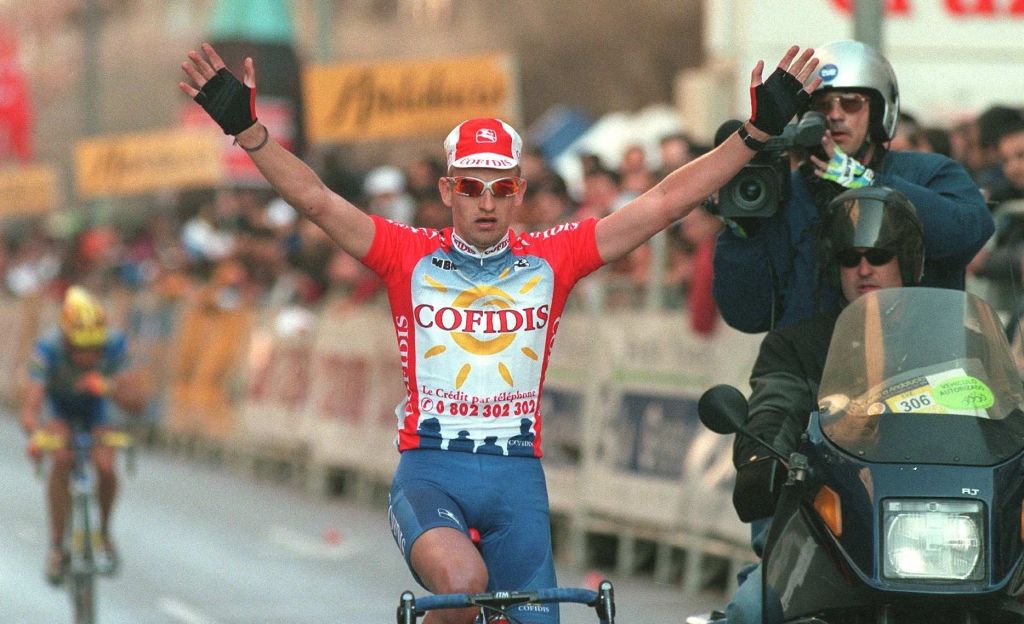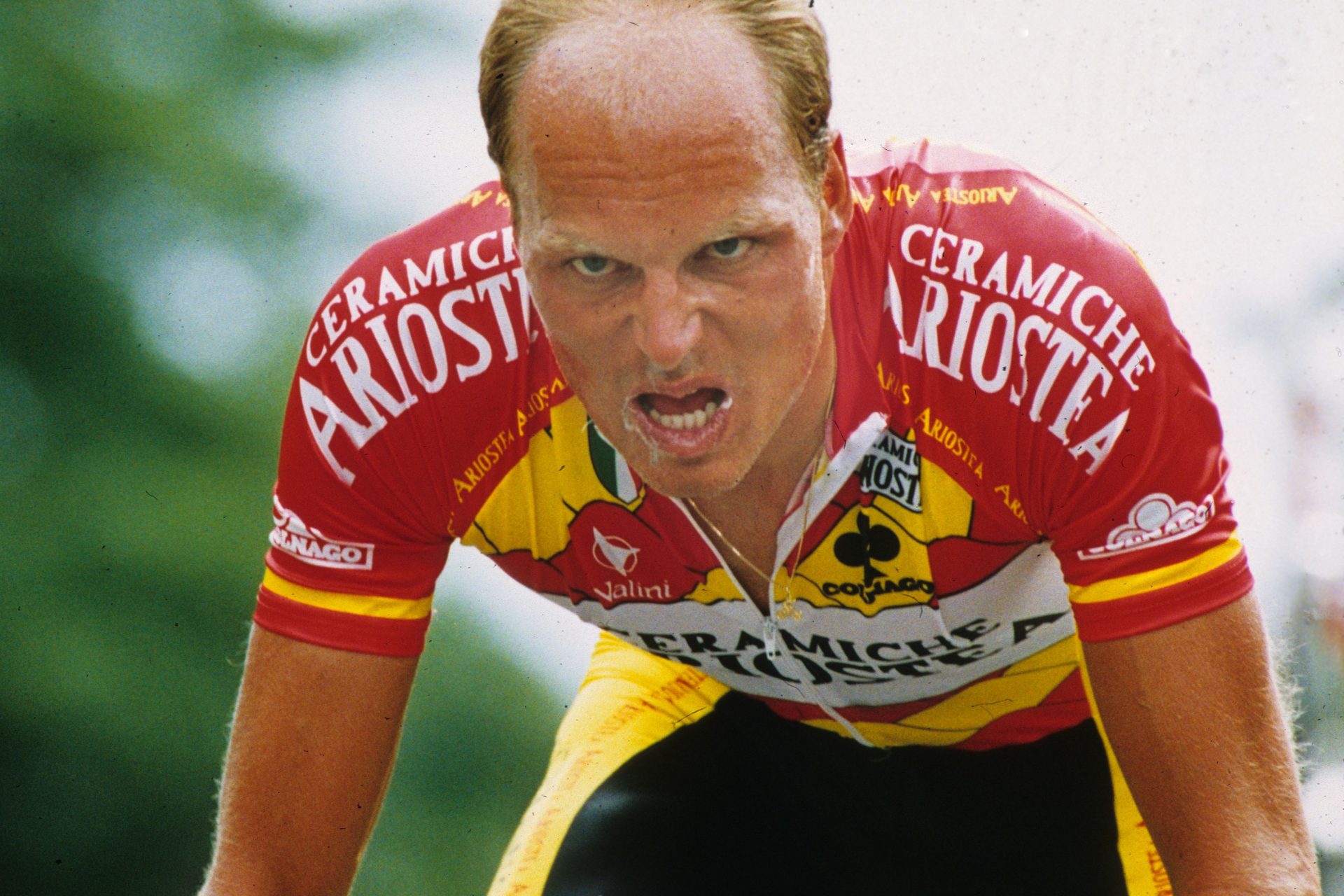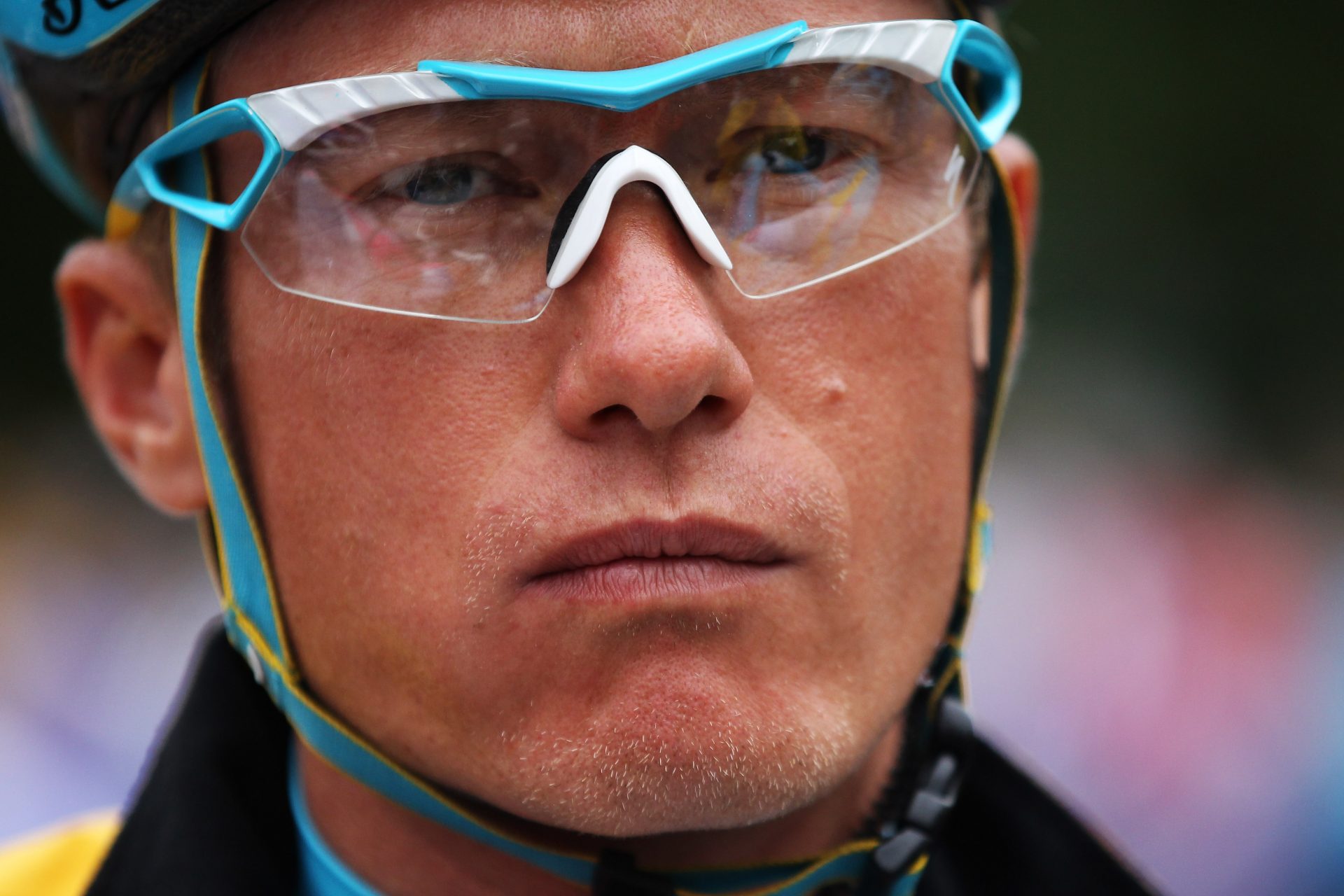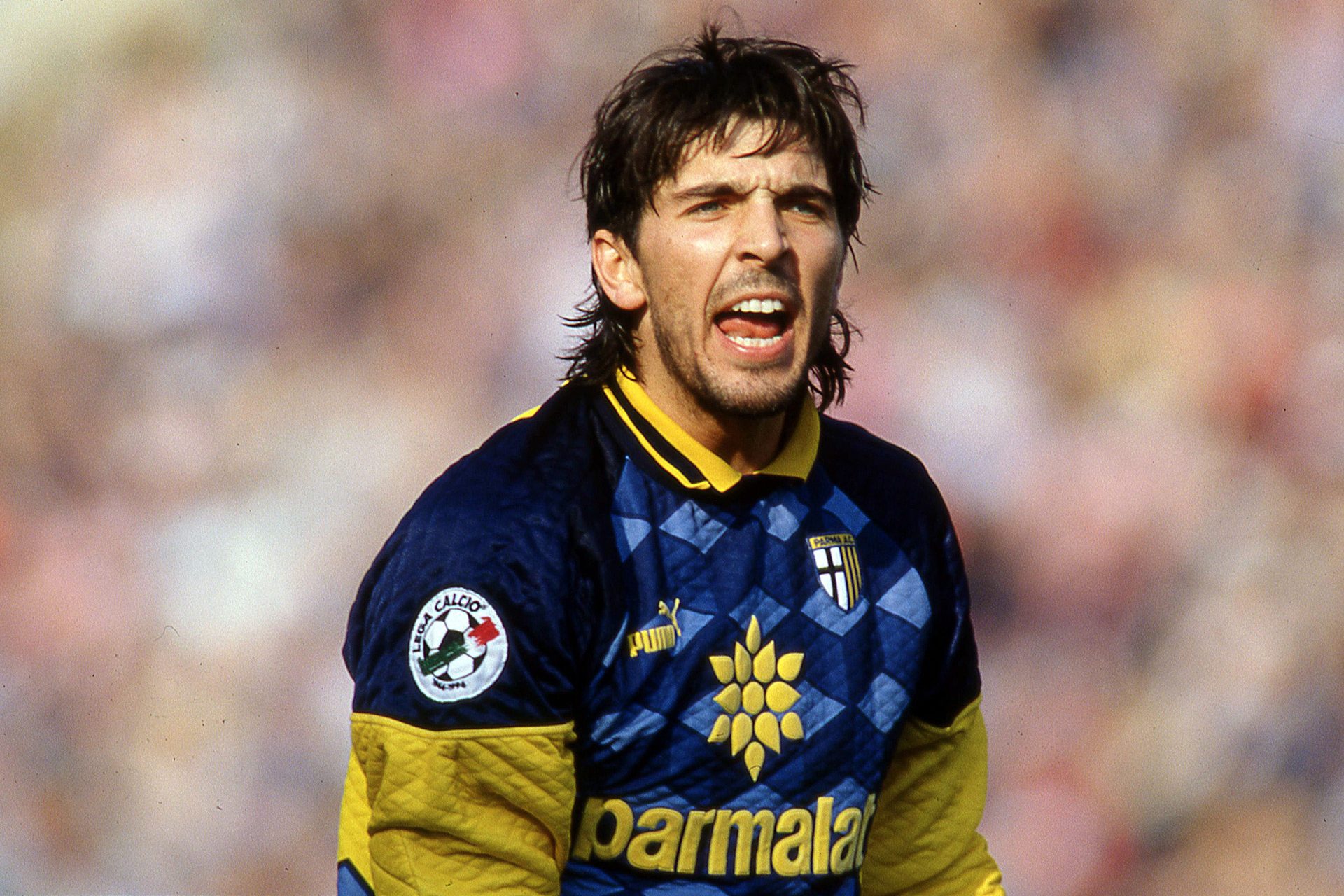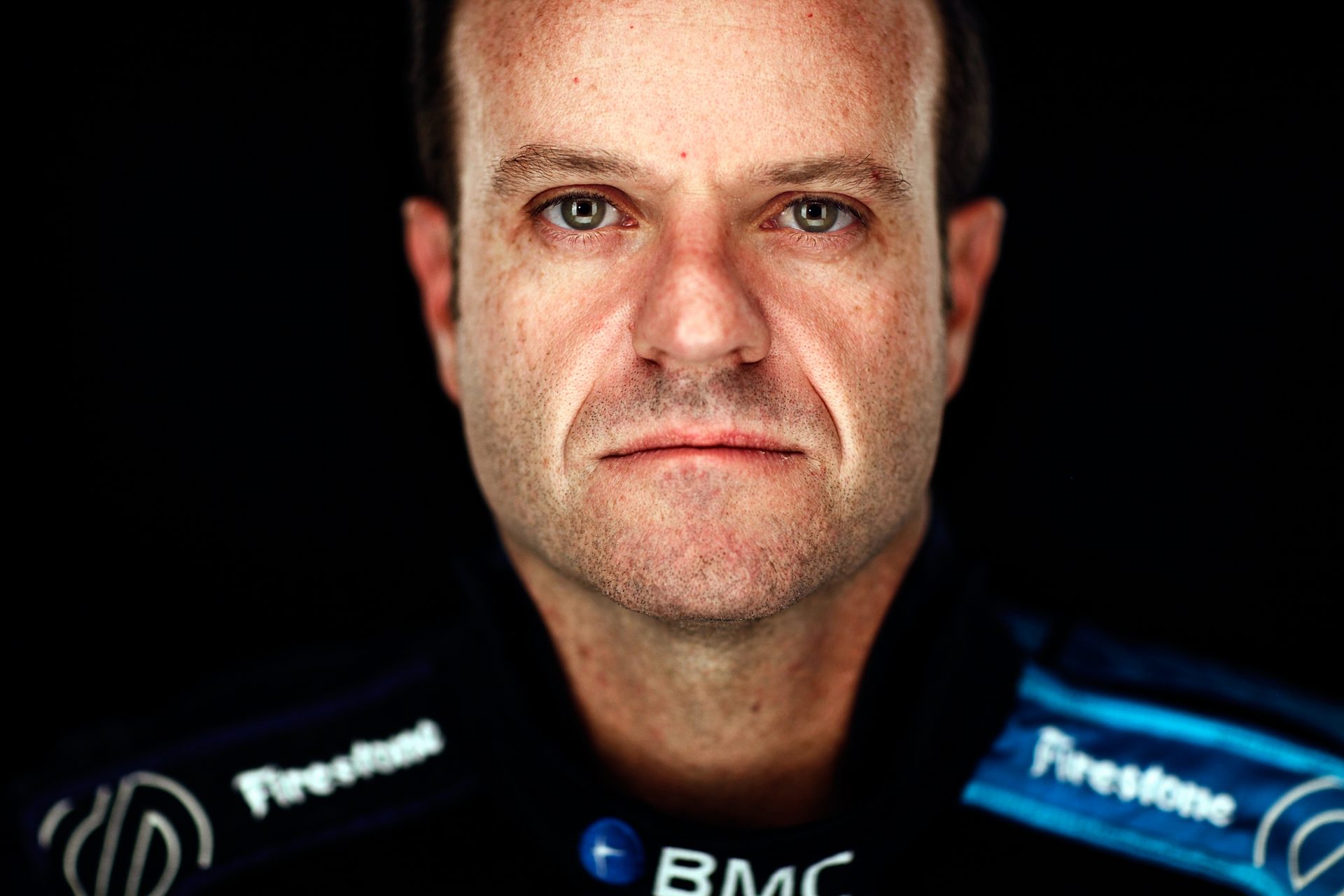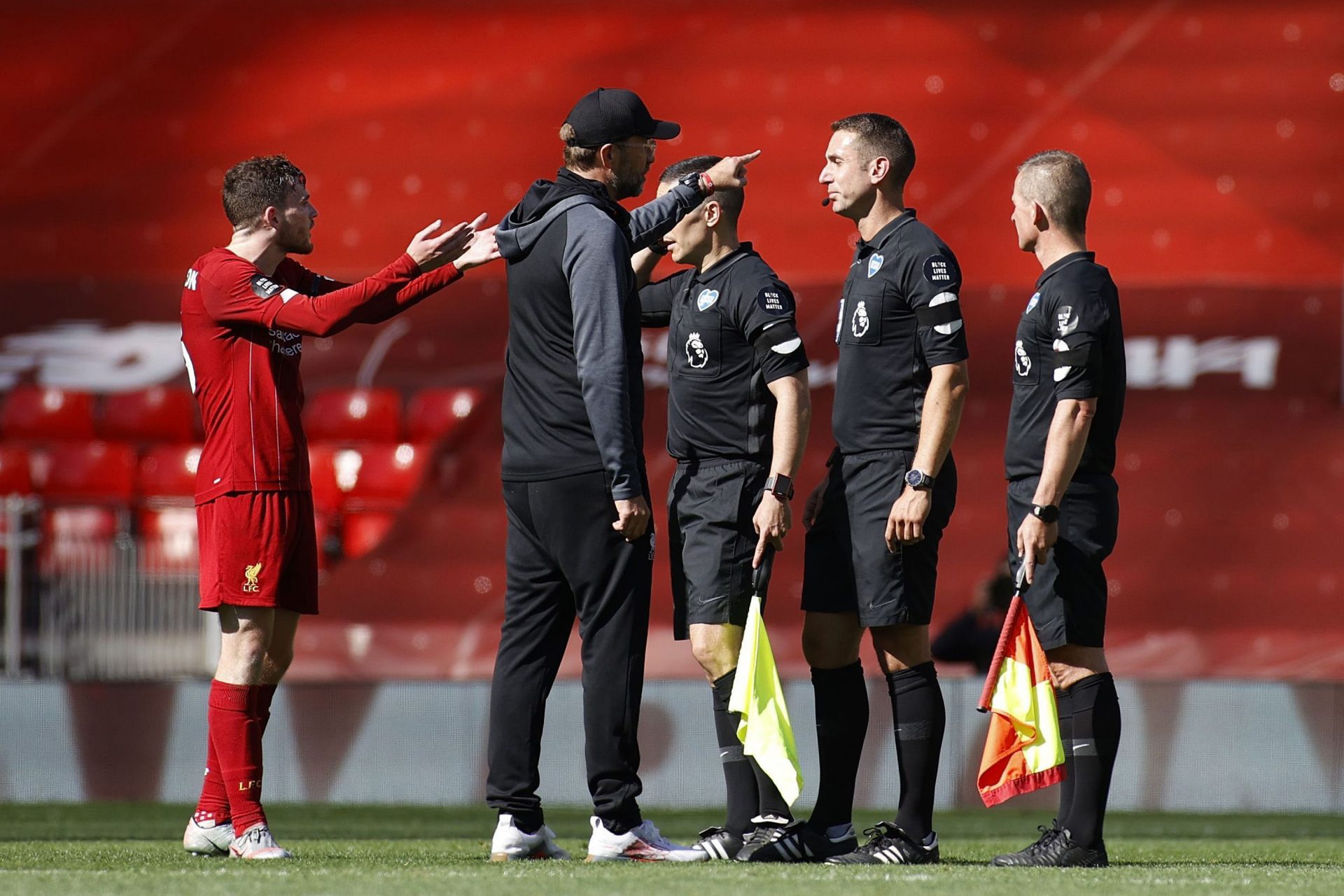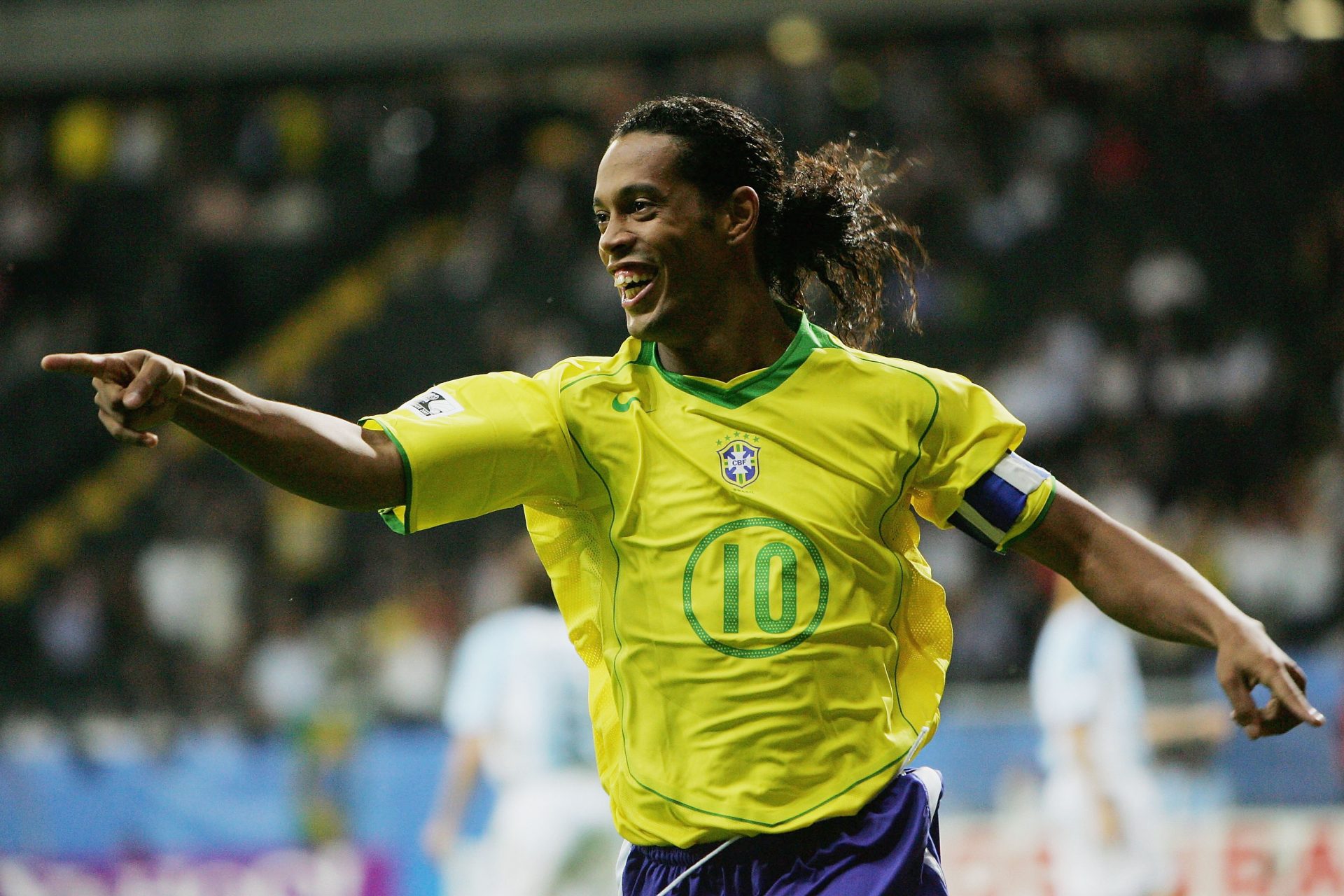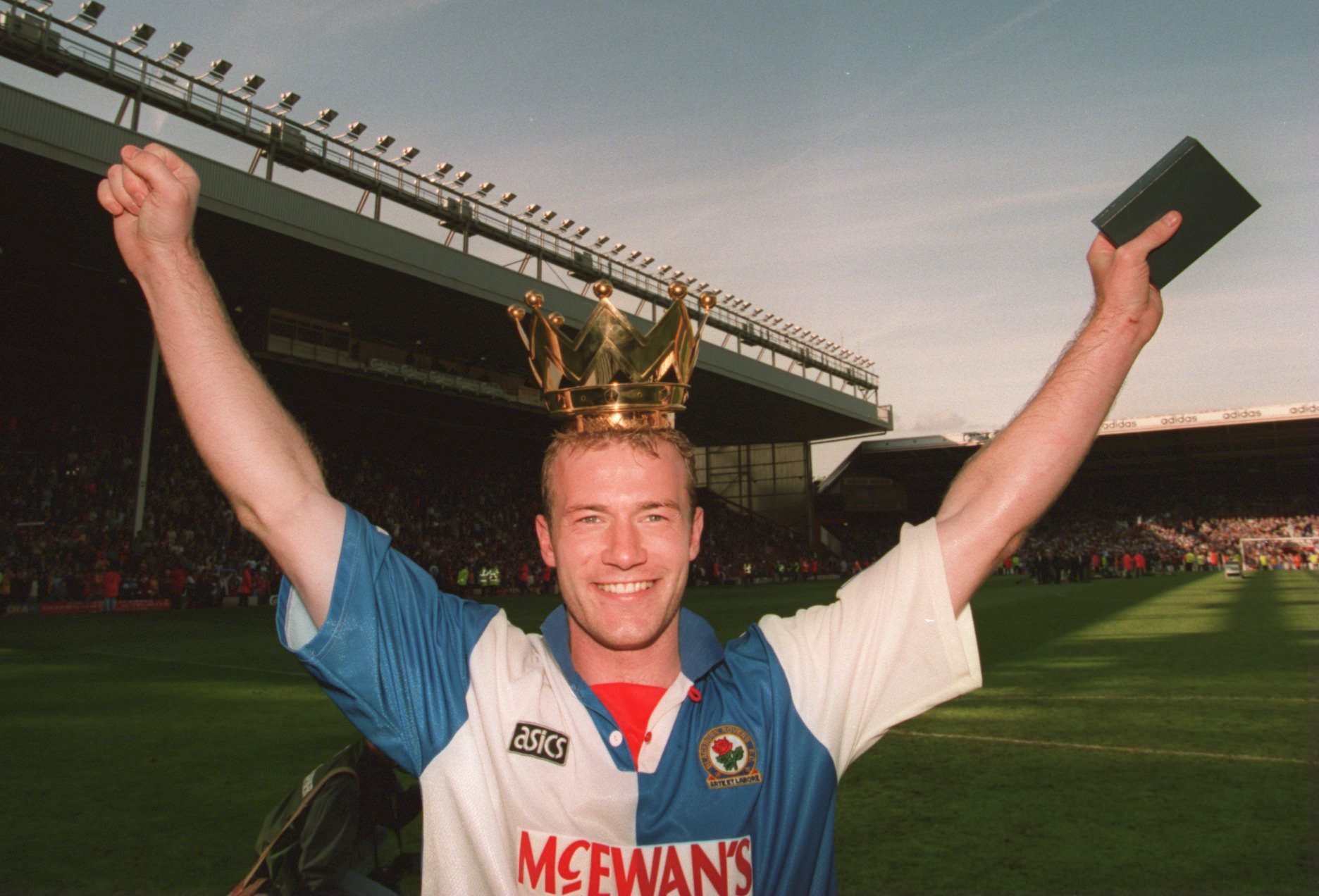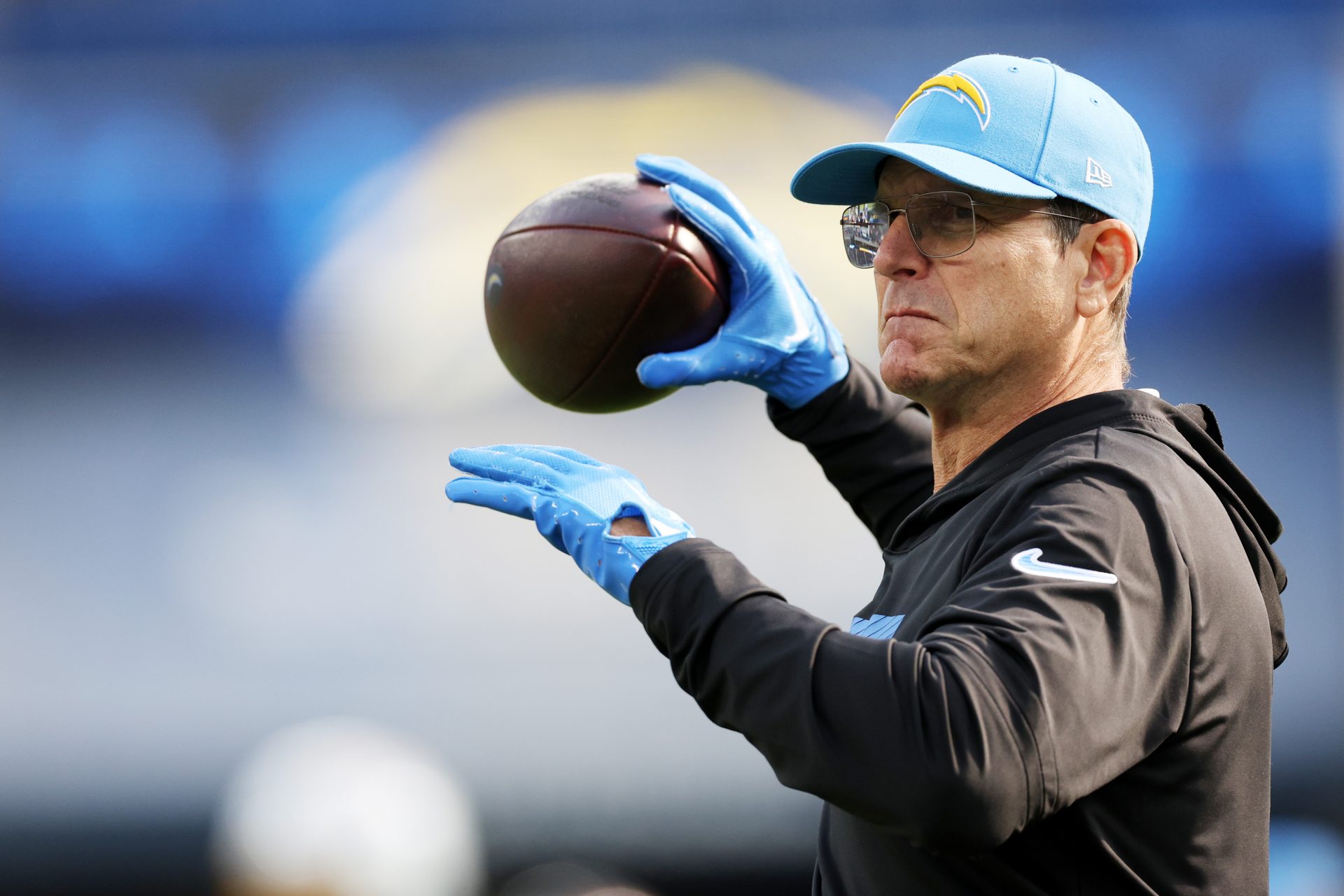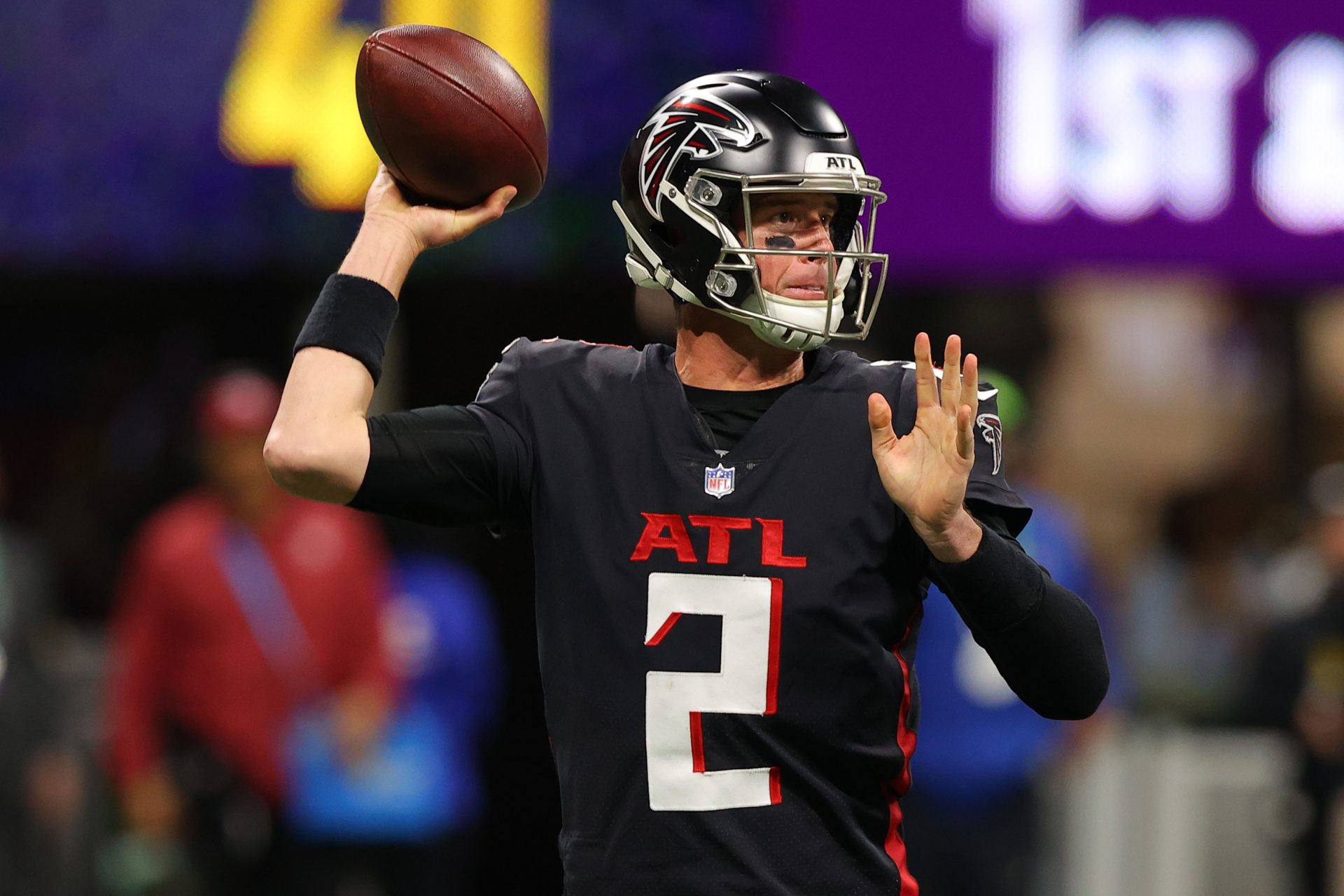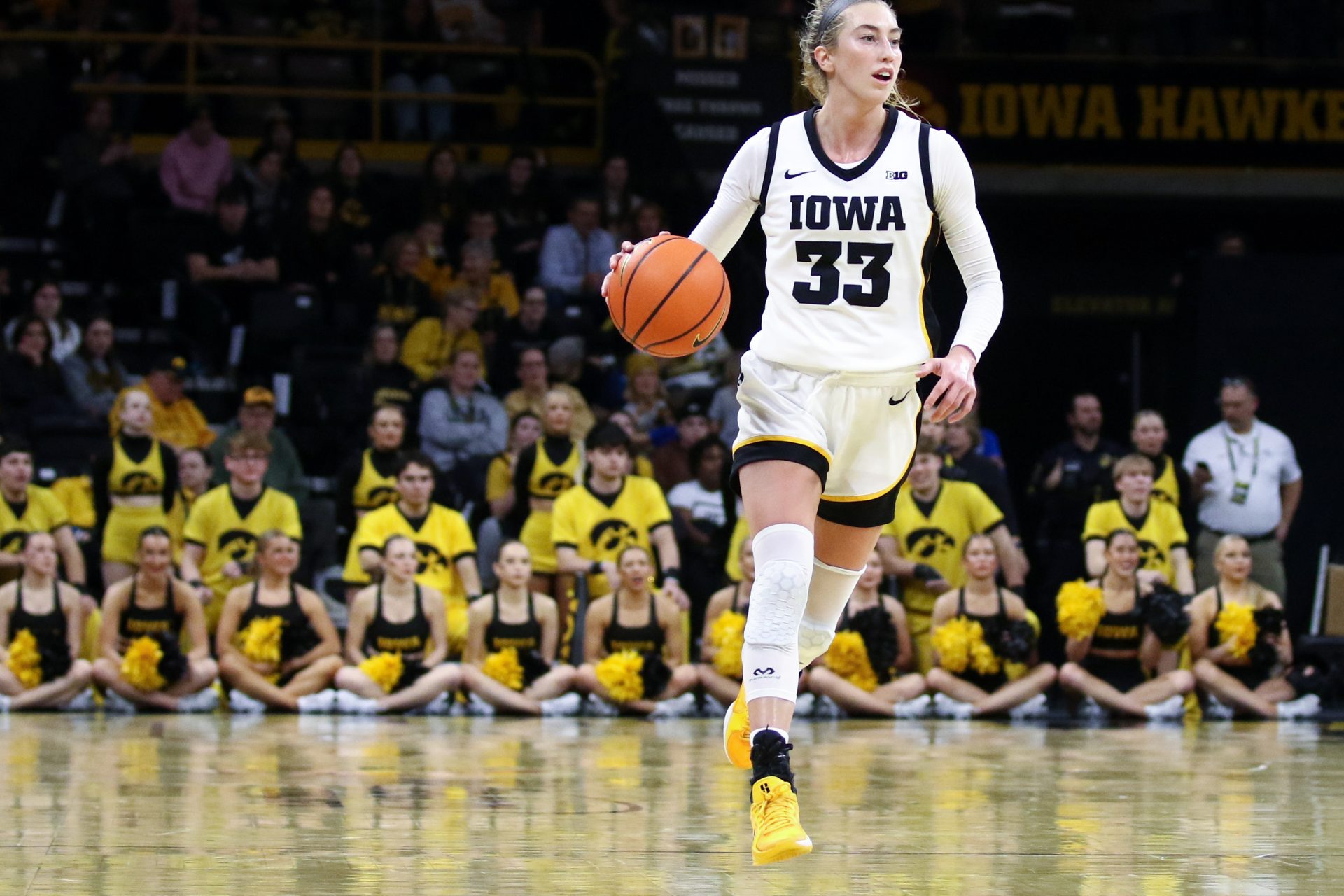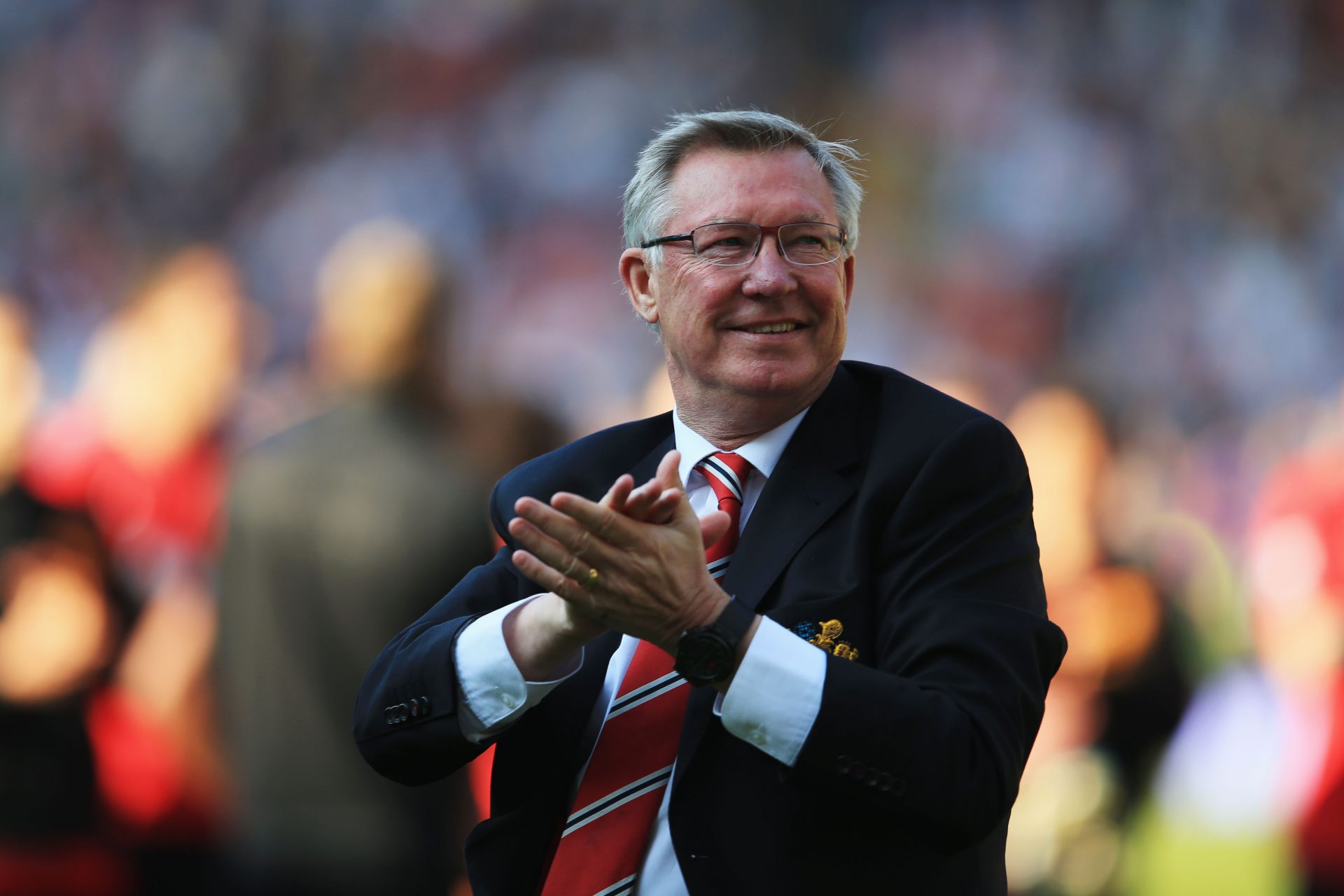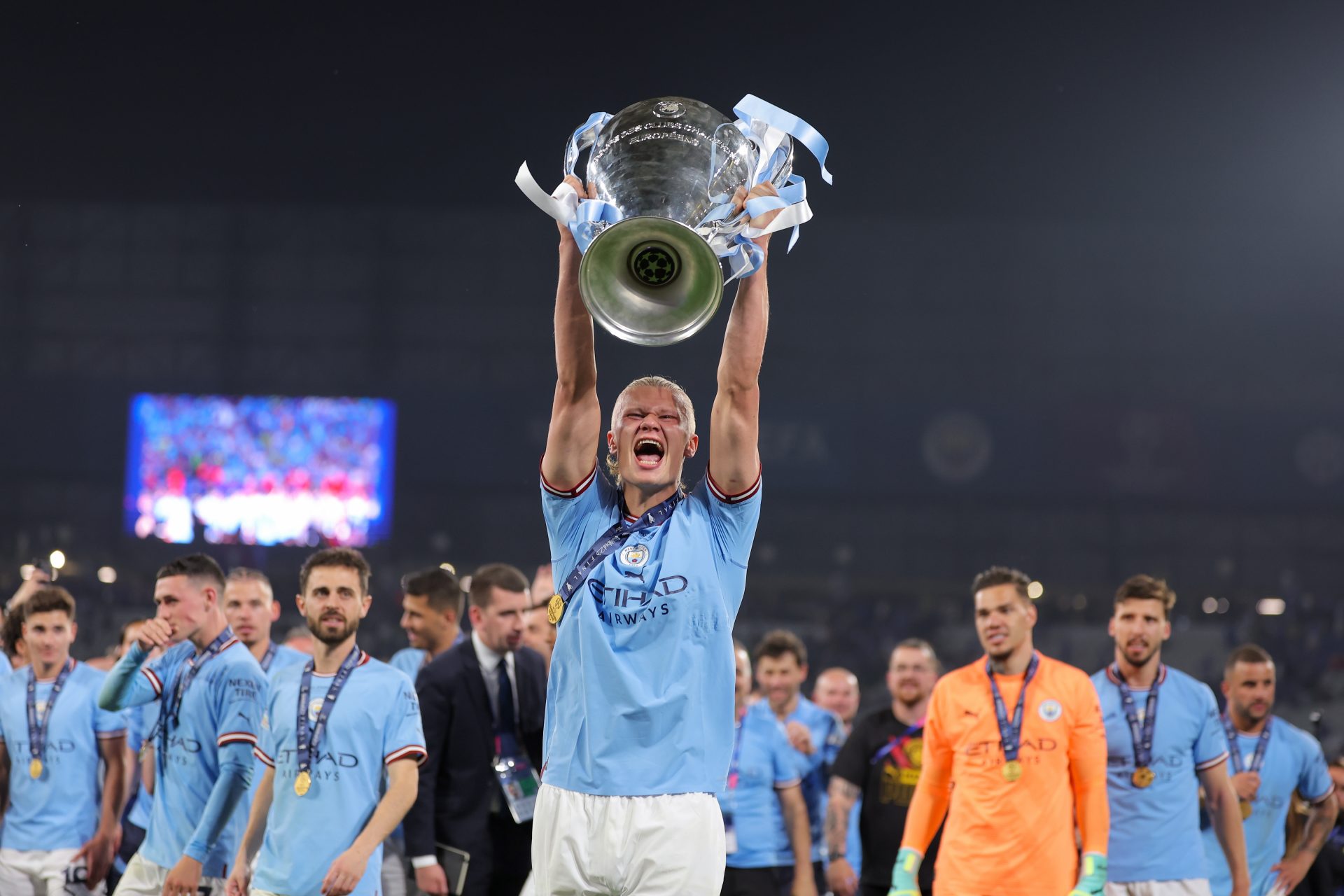The most controversial pro cyclists of all time
Cycling is a sport that lives on its icons of the past, but some of those icons have created controversial episodes that are hard to erase from the sport's memory. Let's take a look at some of the most controversial cyclists ever.
How can we not start with Lance Armstrong, perhaps the most controversial cyclist of all time. After overcoming testicular cancer, the Texan won a record seven Tour de France titles, which were later taken away from him for his involvement in doping. He was banned from cycling for life, despite having confessed to using performance-enhancing drugs.
Floyd Landis was the man who marked Armstrong's downfall. Landis won the 2006 Tour de France, but was later disqualified for doping. He was banned, confessed and talked about the doping use of other riders, including Armstrong, who was a teammate of his at US Postal Service. Landis eventually got a large share of the 5 million dollar settlement Armstrong agreed with the U.S. government after both parties filed a lawsuit against 'The Boss'.
Want to see more like this? Follow us here for daily sports news, profiles and analysis!
Marco Pantani was an athlete who inspired an entire generation with his incredible climbing skills and disarming smile. However, behind that facade was a man who struggled with himself and doping allegations and who won the 1998 Tour de France, but was expelled from the Giro d'Italia one year later after a suspicious blood test. 'Il Pirata' died in 2004 at the age of just 34, due to a cocaine overdose, according to the coroner's report.
Richard Virenque was hugely popular in France during his career, winning no fewer than seven KOM jerseys in the Tour de France, but his reputation suffered serious damage in the infamous Festina affair in 1998. Virenque initially denied having used doping, but later confessed and was suspended.
Jan Ullrich was one of the best riders of his generation, winning the 1997 Tour de France, although he never really lived up to his full potential. The German was later barred from competing in the 2006 Tour due to doping speculation and was later suspended, before admitting to doping years after his retirement.
Michael Rasmussen looked set to win the 2007 Tour de France when he was sacked and withdrawn from the race by his team Rabobank for lying about his whereabouts ahead of the race. The Dane was banned, admitted his doping use, and then never returned to his best.
'Super Mario' is widely regarded as one of the best sprinters of all time, and his record only confirms that status. The 2002 world champion's name, however, who was known for his extravagant outfits, has been linked with doping after his career by Italian newspaper La Gazzetta dello Sport, and he was found guilty of domestic violence and stalking in 2022.
Want to see more like this? Follow us here for daily sports news, profiles and analysis!
Peter Sagan is one of the best classics and one-day racers of all time, with three world titles, the Tour of Flanders and Paris-Roubaix to his name. However, the Slovakian never held back in sprints, sometimes coming awfully close to the line of the acceptable. In 2017, he was disqualified in the Tour de France after Mark Cavendish fell heavily in a bunch sprint after Sagan slammed the door on him, while in recent years he clashed several times with Belgian star Wout van Aert. On top of that, in 2023, he got a three-month suspended prison sentence after drunken driving on his scooter, before retiring shortly after.
Scotsman David Millar won stages in all three Grand Tours, but was banned for doping in 2004 after admitting to using performance-enhancing drugs. He subsequently returned and advocated strongly against doping.
'Il Cobra' Riccardo Riccò was feared for his climbing skills, but the Italian would impose on himself a reputation as a doping sinner after he failed a doping test at the 2008 Tour de France, leading to his exclusion from the race. Riccò was banned, but did not seem to have learned his lesson, as in 2011 he ended up in hospital after performing a blood transfusion on himself.
Thomas Dekker made his breakthrough as a young rider at Rabobank, where he won Tirreno-Adriatico in 2006 and the Tour de Romandie in 2007. Two years later, he was caught for EPO and was suspended for two years. Dekker never returned to his best, and later spoke openly about his doping use in his biography.
Michael Boogerd was one of the most important names in Dutch cycling in the 1990s and 2000s, but compatriot Thomas Dekker revealed the partying and doping side of his former Rabobank colleague in his biography. Boogerd was linked to doping, but always denied until confessing in March 2013. As a result, the Dutchman was deprived of some of his victories and suspended for two years from cycling activities, starting from January 2016.
Frank Vandenbroucke was one of the most talented riders of his generation, but like some others on this list, he never quite lived up to expectations. Winner of Gent-Wevelgem and Liège-Bastogne-Liège, Vandenbroucke struggled with his mental health, got involved in doping cases, tried to commit suicide several times and finally died of a pulmonary embolism in Senegal in 2009.
Bjarne Riis, winner of the 1996 Tour de France, has admitted to doping and winning La Grande Boucle under the influence of performance-enhancing drugs. The Dane became team manager, but even in that role he was linked to doping. Former rider Tyler Hamilton revealed in his biography that Riis had introduced him to the controversial Spanish doctor Eufemanio Fuentes.
Despite his impressive career, Alexander Vinokourov has always been a controversial name in cycling. The Kazakh was banned for doping in 2007 and became involved in a bribery case following a story by Swiss magazine L'Illustré, which claimed that he had bought his 2010 Liège-Bastogne-Liège victory.
Want to see more like this? Follow us here for daily sports news, profiles and analysis!
More for you
Top Stories



